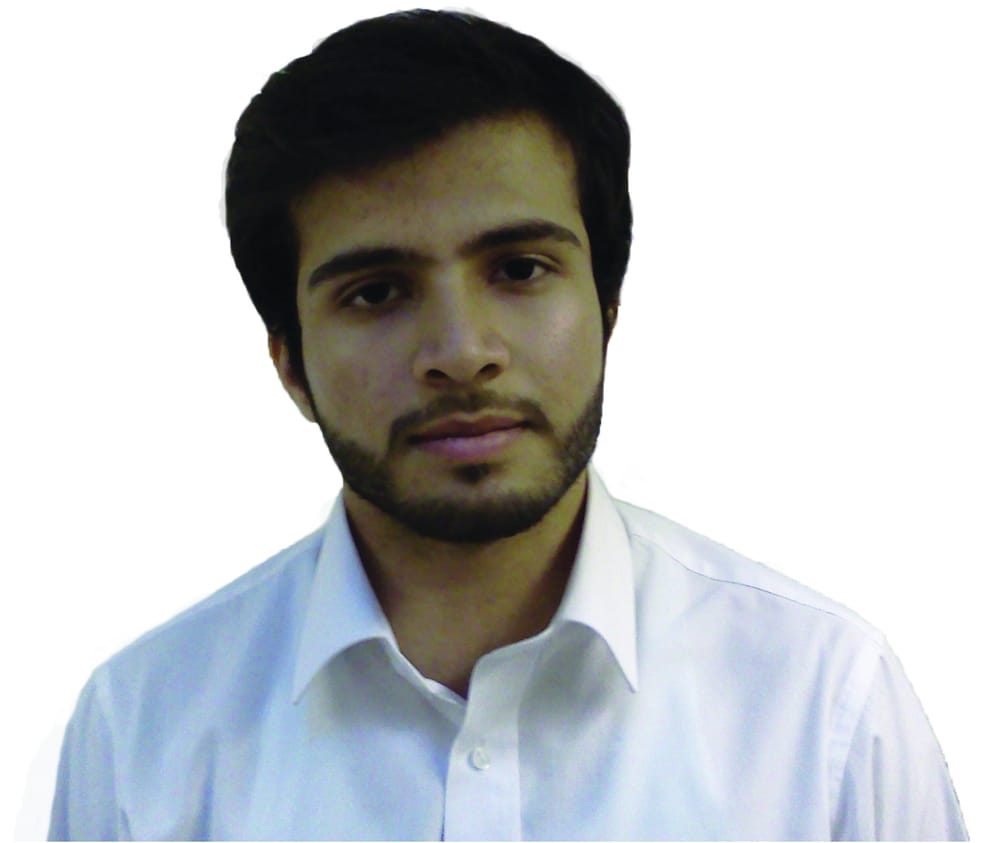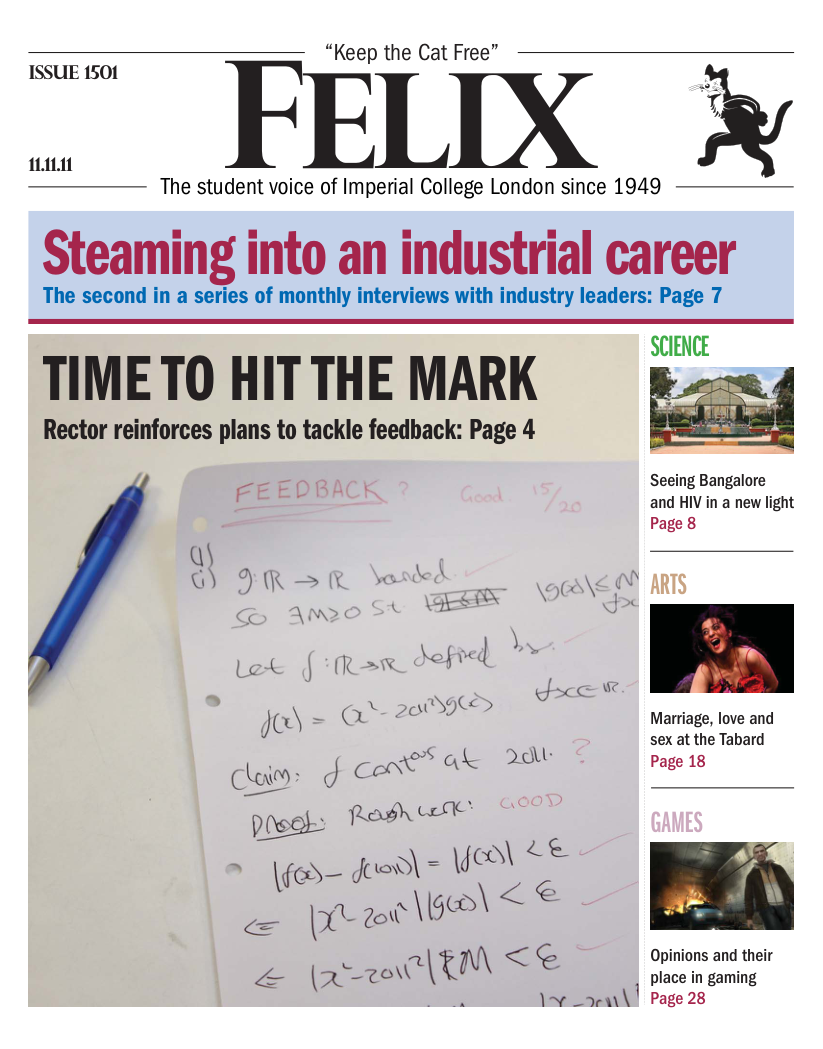On the flip side of the coin
A Muslim perspective on the afterlife and religion in society

After reading the ‘Hell of Heaven’ article from two weeks back, and reading a bit of Christian perspective on the subject in last week’s edition, I decided to shed some light on the subject from a Muslim’s point of view. As well as writing on the general importance of religion within a society.
I think it is safe to assume that the life after death debate is an argument that has forever been a part of human existence and will continue to do so. Needless to say, we humans, with our highly specialised brains and much-expanded frontal lobes, naturally incorporate rationality and logic in our daily lives and decisions. No matter how scientifically developed, intellectually refined, and culturally civilised we may become, each one of us at some point in their life is confronted by a series of spiritual questions: What is the purpose of life? Why are we here on Earth? Is there really a God? And so forth. Often ignored and seldom encouraged to think about, I believe the way a person goes about tackling these questions does shape his/her life. Each one of us wants to be successful. However, success is relative and we each define it in our own ways. It is based on this definition that we draw up our principles, prioritise our commitments, and come up with our individual philosophies of life.
Belief in God is what truly liberates man and allows him to reach his full potential. He submits to no one but God.
I wouldn’t want to delve too deep into the concept of heaven in Islam over here, as any attempt to do so would be futile. The only way a person can begin to understand and appreciate heaven is by having a strong grounding in the belief in God. Imposition never works with human beings. We need to be intellectually convinced and thoroughly satisfied before accepting an argument. It is because of this rationale that the Quran constantly appeals to reason and encourages man to ponder, reflect and seek knowledge.
“There are indeed signs for men of understanding” – Quran
It is only when one is convinced of the attributes of God and his supreme knowledge that things begin to make more sense. In Islam, there are no mediators, no secret incantations, and no Popes. The ordinary man communicates directly with God and moves at his own pace. There is no coercion in religion. It is only when we get to grips with God’s quality of being ‘unimaginable’, that the seemingly daunting idea of an eternal afterlife becomes not only more acceptable, but something to crave for and look forward to.
Anyhow, I would like to use this opportunity to argue against ‘The Heaven of Hell’ article’s point of view that: “Living life as if there is nothing more to come is surely the most fulfilling and productive way to live”. For me, simply put, religion is what gives life… to life.
Being raised up in Pakistan, I realise that religion is a bit of a taboo subject here in the west. People generally tend to steer clear of the subject and questions such as ‘what is your religion?’ or ‘what is the purpose of your existence?’ are met with awkward silences. I believe removing God and religion from a society creates a crippling vacuum, which has unsurprisingly evolved to give rise to a materialistic and avaricious culture. Happiness and satisfaction are considered to be directly proportional to fame and wealth, and understandably so. If this is the only life to live for and money is what makes the world tick, then it’s not a mystery as to what my purpose in life would and should be.
Rise in immorality is a direct consequence, as morality and religion have always complemented each other. The obvious imbalance between body and soul leaves a person with a feeling of emptiness and consequently increases psychological problems within the society as people look for peace elsewhere. Family life suffers and the rising suicide rates, drug abuse, crime rates and divorce rates only go on further to drill the point home.
The ordinary man communicates directly with God and moves at his own pace ... no coercion.
Belief in God is what truly liberates man and allows him to reach his full potential. He submits to no one but God. Man is liberated from man when he realises that life and death and respect and humiliation are God’s jurisdiction. Once a person learns to overcome his fears, and breaks through his self-imposed prisons such as narcissism, materialism, pride, people’s opinions (and in today’s age even growing old!), it is only then that his life transforms, because fearlessness is what breeds idealism and any person who’s ever achieved greatness in this world has always been an idealist and aimed beyond his imagination.
Faith is what encourages all that is good within a person and enhances both the individual as well as the community. It invigorates his will power and allows him to dominate material desires, rather than be dominated by them. And I finish this article with a quote from a great philosopher and poet from medieval India, Sir Muhammad Allama Iqbal:
“In servitude, it is reduced to an almost waterless stream, but in freedom, life is a boundless ocean.”







